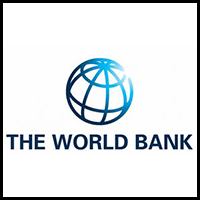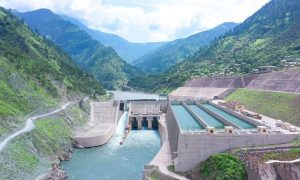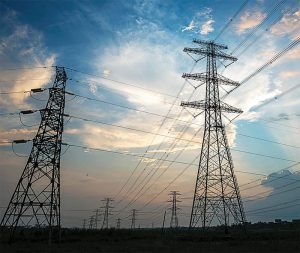A new report has been published by the World bank titled “In the Dark: How much do power sector distortions cost South Asia,” prepared by Fan Zhang, senior economist at the World Bank. It states that Pakistan’s power sector suffered from inefficiencies that cost the economy $18 billion or over 6.5 percent of GDP in fiscal year 2015. Electricity shortages reached 5,298 MW during peak hours in fiscal 2016, equivalent to 24 per cent of peak hours. Reforms could save Pakistan’s economy $8.4 billion in business losses and could increase total household incomes by at least $4.5 billion a year. In this regard World Bank is working on new funding of $ 1.5 billion for the power sector, in addition to existing commitment of $ 2.3 billion. Lead Energy Specialist, South Asia Energy, Dr Rikard Liden said that World Bank supports power generation from hydel and solar which are cheaper sources of energy.
The report stated that up to 50 million people still do not have access to grid electricity and frequent load shedding damages businesses and the health and living standards of consumers. Almost a fifth of electricity generated is lost through poor infrastructure, faulty metering and theft. Load shedding is caused by high cost, losses and subsidies which compromise investments and the ability to procure fuel. A lack of grid electricity also impacts health, as it leads to greater use of kerosene lamps, causing indoor air pollution linked to respiratory infections and tuberculosis risks.
The report argues that reforms that focus solely on liberalizing energy prices would lead to an excessively high cost of electricity because of inefficiencies in the system, negatively impacting on the poor and vulnerable. Reforms must therefore go beyond liberalizing energy prices to address several aspects of the power sector distortions, including prioritizing gas allocation for efficient power generation and adopting tariff mechanisms that encourage performance. For the benefit of consumers, reforms should focus on rationalizing consumer prices for electricity and gas to reflect supply costs; and social assistance to help vulnerable populations cope with increased energy prices. Increased access to reliable power must be made a priority.
Chairman Prime Minister’s Taskforce on Energy, Nadeem Babar said that the incumbent government is preparing new renewable energy policy and database system of transmission and generation till 2040 which will be ready within a month.








